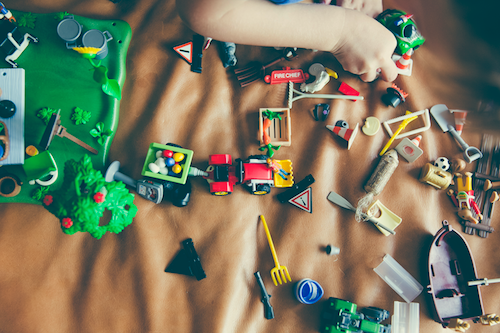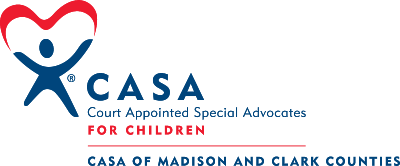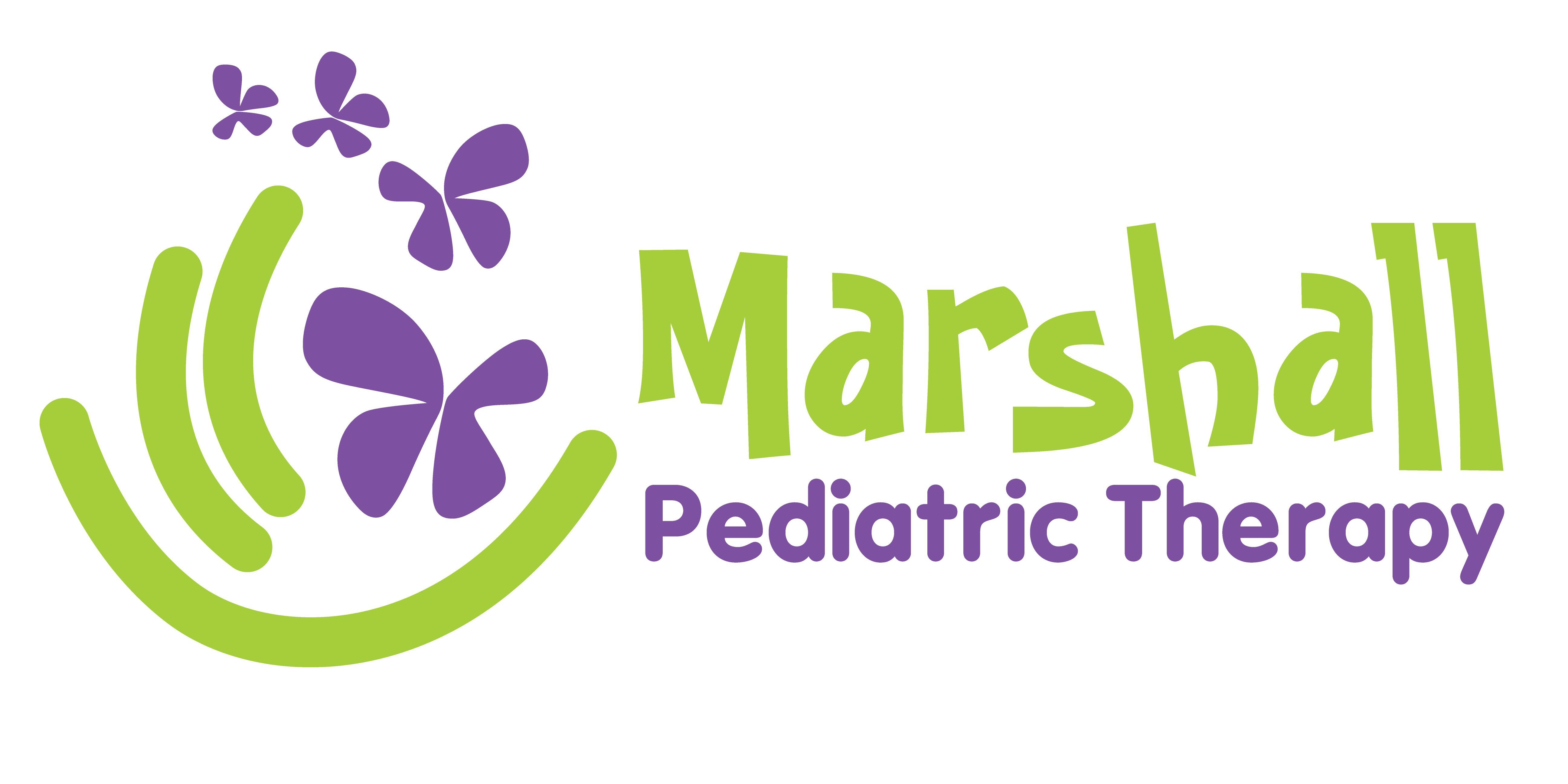
Welcome to November! Halloween is over, and November brings with it the scent of pumpkin pie, cranberries and of course, delicious turkey. But one thing you may not know about November is it is also recognized as National Child Safety and Protection Month.
National Child Safety and Protection Month is an entire month dedicated to recognizing the unique potential dangers many children face in their everyday lives, and taking tangible steps of prevention against those challenges. This month looks at the world through the eyes of a child, so today we look at how you can recognize National Child Safety and Protection Month, and keep the children in your life safe.
Safety at Home
First and foremost, children should be safe at home. According to the Center for Disease Control and Prevention, on average, 12,175 children ages birth to 19 die each year in the United States from an unintentional injury. You can prevent some of these injuries by making sure your home is a safe environment for children of all ages.
Some helpful tips for safety-proofing your home include:
- Keep walkways and areas near stairs clear of clutter to help prevent falls. Give your children a designated place to put their toys, then work to make sure they follow through.
- Keep all cleaners, medications and other potentially harmful substances up high and out of reach of children. If you do keep products on lower shelves or areas, use a child-proof lock for the cabinet.
- When cooking, use the back burners of the stove and turn handles toward the back of stove, so children aren’t able to reach or knock the pots over.
- Test the fire alarms in your home regularly and have a plan in place with your children in case there is a sudden fire in the home.
- For younger children, keep small items out of reach to avoid suffocation or choking. For infants, put them to sleep on their backs without blankets, pillows or toys in the crib.
When riding in the car, children should be fastened with a seat belt into the appropriate car seat or booster seat. You can learn which safety seat is best for your child’s age and size by checking online with your state department. Make sure the fastening on the seat is secure—not too tight and not too loose.
Safety with Food
Choking on food can be a serious hazard for many children, both young and old. Some foods are more dangerous, such as hot dogs, hard candies and nuts. Foods like these cause up to 40% of all child choking deaths. Help prevent potential issues by monitoring what your child eats, and breaking or cutting it up into smaller bites whenever possible.
Safety around Water
According to the Center for Disease Control and Prevention, drowning is the leading cause for children ages one to four. It’s incredibly vital to monitor children when swimming or near a water source, provide adequate safety swimming materials and stay close by in case children experience any issues. Water can be a fun activity for the family, but requires special attention to make sure children stay safe.
November recognizes National Child Safety and Protection Month by teaching parents, families and friends how to see the world from a child’s perspective and make sure he or she stays safe. Safety is an important part of life, so enjoy this November by implementing it into all areas.
















